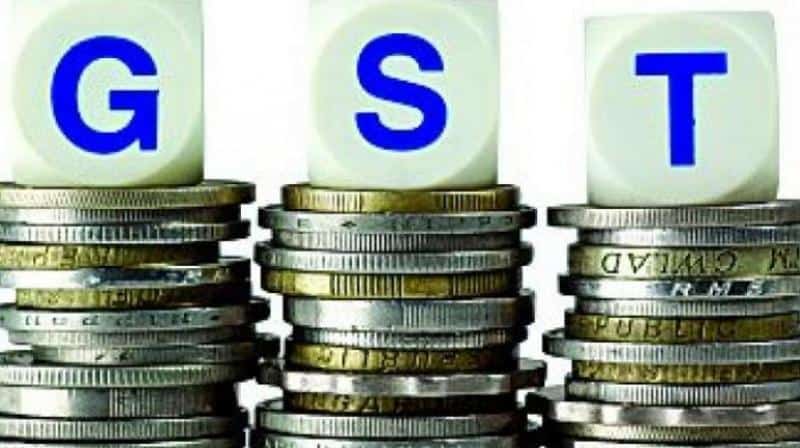Bengaluru: Terming the GST a momentous reform, a wholesale retailer on Sunday said the tax regime, introduced a year ago, would lead to a unified national market while realty sector players said the key benefit for them was input tax credit though some grey areas remain.
“GST is one of the momentous reforms in the Indian taxation system as it has played a transformative role by making its structure simpler,” said Metro Cash & Carry India’s Chief Executive Arvind Mediratta in a statement here to mark the indirect tax regime’s one year.
Merging a plethora of central and state indirect taxes, the Union government unveiled the Goods and Services Tax (GST) system across the country on July 1, 2017. The GST subsumed various taxes, including sales tax, entry tax, value added tax and other related taxes.
“The new tax regime has given an impetus to our sector through an increase in input tax credit on capital goods and services, which streamlined inter-state logistics movement, eliminated checkpoints and helped businesses reach a larger market base,” said Mediratta.
Despite initial glitches and delays due to mismatch of the technology platform between the vendor and its stakeholders, he said the new regime had rationalised the tax rates to four slabs and ensured compliance at every stage of the transaction.
“We have been educating and engaging our trade partners and grocery owners to align their businesses with the policies to make them GST-complaint. We began a GST helpline and set up kiosks before its roll out,” he said.
The government’s interventions to ease transition challenges, introduction of the composition scheme, simplifying the complex procedure to file returns and extending return-filing deadlines benefited the traders, he said, noting a “positive sentiment” among Small and Medium Enterprises (SMEs) towards GST as compared to six months ago.
The $35-billion German self-service wholesaler, which entered India 15 years ago, operates 25 distribution centres across the country, including in Bengaluru, Hyderabad, Mumbai and Delhi.
According to House of Hiranandani Chairman Surendra Hiranandani, though GST had no impact on property prices, it helped in streamlining the tax administration by bringing transparency in the system.
“As expected with any game-changer of this magnitude, the initial few months were disruptive not only for the industry, but also for consumers and the government, as confusion marked from filing returns to providing e-way bills,” said Hiranandani in a statement here.
The realty sector, however, sought clarification on the abatement of land cost to calculate service tax on under-construction projects.
“Clarity is needed because if the land cost is 10 per cent of the overall project, the final cost could remain stagnant. In cities, the land cost is a whopping 50-60 per cent of the total cost, with rising apartment costs,” he said.
As stamp duty remains even after GST implementation with rates varying for different states, the additional burden on the sector averages 5-7 per cent.
“We hope state governments abolish the same or merge it with the GST rates to help reduce the cost of apartments,” said Hiranandani.
PropTiger.com Chief Investment Officer Ankur Dhawan said the key benefit for the real estate sector under the GST was input tax credit, which developers could avail for taxes paid on construction material and services.
“This benefit was not available in the earlier service tax regime. Streamlining of the tax administration cleared the confusion of developers as well as customers, as the former were not sure how much benefit they can get out of input tax credit and the new raw material prices,” he said.
After the clarification by the GST Council, developers have started passing 4-6 per cent discount to customers.
Demand for lower GST on the under-construction real estate or inclusion of all properties in GST will be key, as land cost is significant in overall pricing.
“In the long-run, GST reform is expected to streamline the sector to strengthen consumer sentiments rekindling hopes of a revival for the sector,” added Dhawan.
IANS

